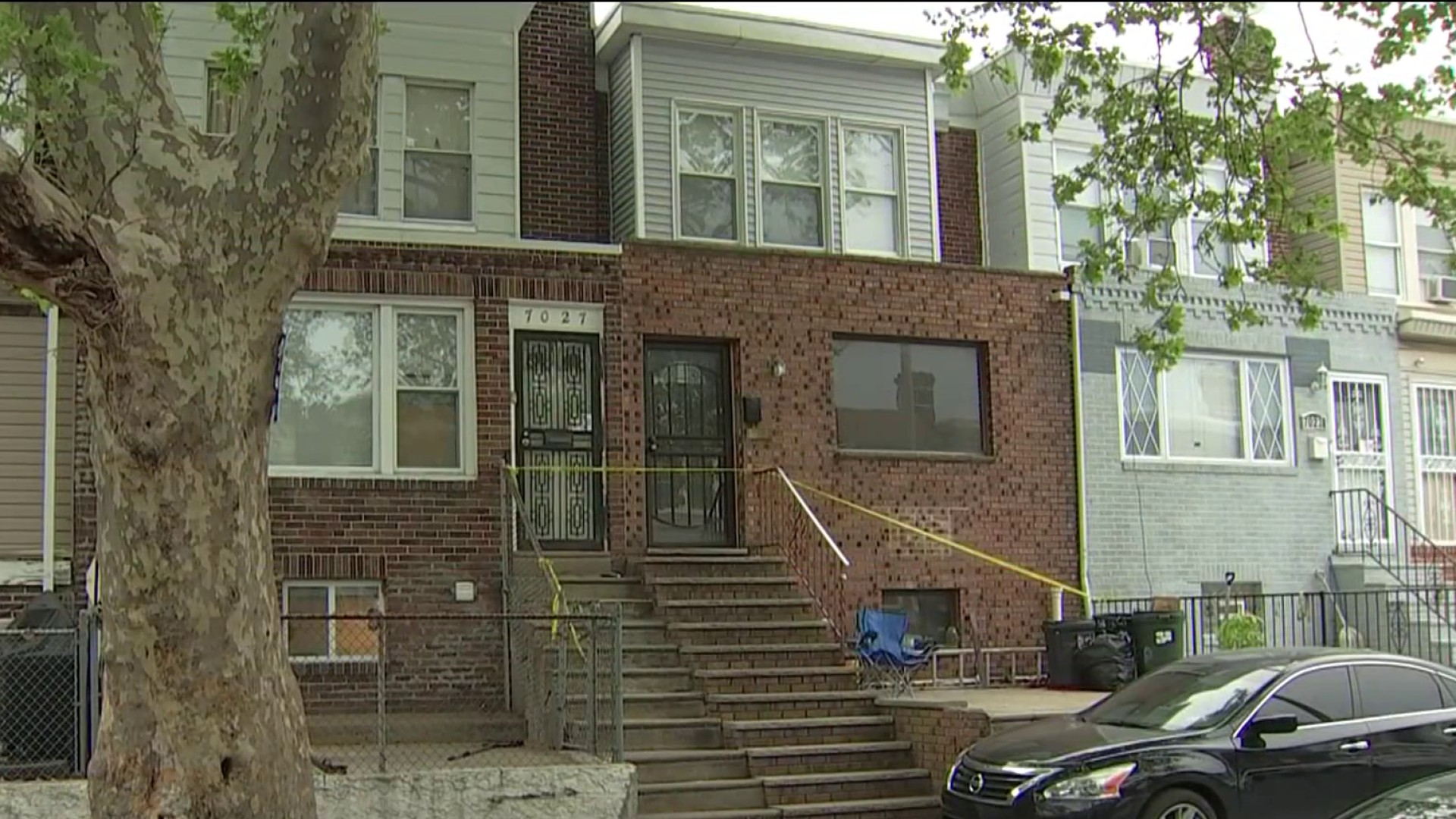New Jersey voters will make it official by nominating the two major party candidates for governor.
But since Republican Gov. Chris Christie and Democratic state Sen. Barbara Buono face only token opposition in their respective primaries on Tuesday, both campaigns hope their victory-night celebrations will infuse their campaigns with excitement that has been lacking.
Victory parties are planned for Christie in Bridgewater and for Buono in Edison.
Other races to watch include the Democratic primaries for state Senate in Union and Essex Counties, and the Atlantic City mayor's race.
The race between Christie and Buono has been lopsided thus far.
The governor, whose popularity soared to record highs after Hurricane Sandy pummeled the coast, has out-raised and out-spent his lesser-known opponent. Christie raised $6.5 million before the primary, enough to produce TV ads in English and Spanish and to air them in the pricy New York and Philadelphia media markets. He appeared at the Shore with Prince Harry and President Barack Obama.
Buono, who despite having held positions as state Senate budget committee chair and majority leader, remains unknown to a majority of voters. She raised $2.3 million with the help of public campaign financing, but fell shy of the maximum amount she could have received had she had more private donors. With so little cash on hand, she has been more reliant on YouTube and grass roots meet-and-greets to get word out about her campaign. Outside groups have helped promote Buono and ding Christie, however.
Local
Breaking news and the stories that matter to your neighborhood.
While Republicans are in lock-step with Christie, Buono has struggled to gain traction within her own party. Some Democrats have been sitting on their hands or working against her. Christie, meanwhile, has picked up a string of Democratic endorsements.
The state has 700,000 more registered Democrats than Republicans. When Christie won in 2009, it was against an unpopular incumbent, former Gov. Jon Corzine.
The death of Sen. Frank Lautenberg on Monday threw Christie an unexpected curve.
The governor gets to name an interim successor to the Democrat's seat, which could be problematic as he navigates a re-election bid in a Democratic-leaning state while contemplating a run for the Republican nomination for president in 2016, in which he would face far more conservative voters. Plus, state statute is vague about when the next senate election should be; whatever Christie decides will likely become fodder for Democrats as it's challenged in court.
All 120 seats in the Legislature are up for election in November, but only 20 have contested primaries and most of those are not close. The governor's race is at the top of the ballot, but it would be bumped down a notch if a special Senate election were held in November, an unlikely prospect.
In Union, Sen. Ray Lesniak is being challenged by Roselle Board of Education president Donna Obe. In Essex, Sen. Nia Gill faces a challenge from Seton Hall Law School professor Mark Alexander. And, in Atlantic City, Christie nemesis Lorenzo Langford, the Democratic incumbent, is being challenged by city Freeholder Charles Garrett and David Davidson Jr., the retired former head of the city police union. The county Democratic party is backing Garrett.



